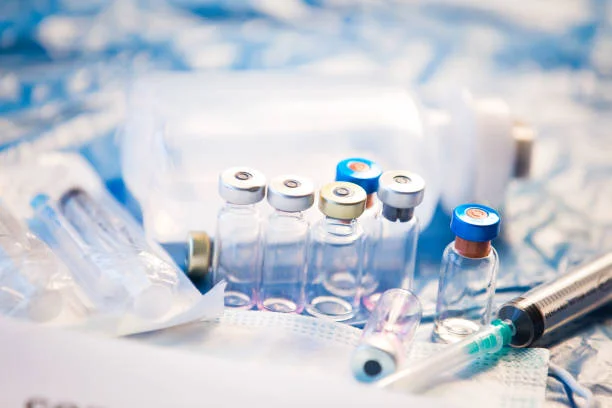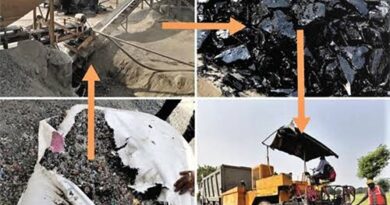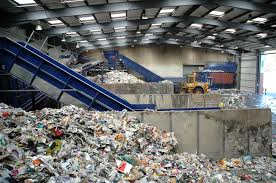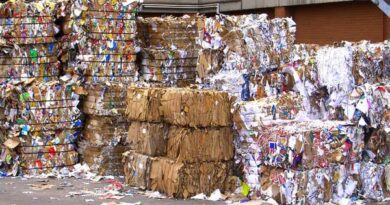The Products Derived From Clinical Wastes
A form of waste called clinical wastes are produced while people or animals are being diagnosed, treated, or immunized. Needles, syringes, bandages, and other medical supplies that could be contaminated with blood or other body fluids might all be included in this category of goods.
Clinical waste is often regarded as hazardous and has to be managed and disposed of properly to stop the spread of illness and infection. If these items are not handled and disposed of appropriately, they may contain pathogens (disease-causing organisms) and represent a risk of infection.
Used needles and syringes, bandages and dressings that have come into touch with blood or physiological fluids, and cultures and stocks of infectious agents are a few examples of clinical waste.
To stop the spread of illness and to safeguard the environment, clinical waste must be managed properly. Strict laws are in place in many nations to guarantee that clinical waste is handled, transported, and disposed of appropriately.
This often entails the use of specialist facilities for its treatment and disposal as well as the storage and transportation of clinical waste in appropriate containers.
Among the risks connected to clinical waste are: Clinical waste poses a danger of infection to individuals who come into touch with it if it is not properly managed and disposed of.
This may apply to people in the public, waste management personnel, and healthcare personnel. Environmental contamination may result from improper handling and disposal of clinical waste, which might cause illness to spread to people, animals, and plants.
Physical injuries: Clinical waste may also put people at risk for being hurt physically, especially if it has sharp things like needles and syringes in it. If handled improperly, these things may result in puncture wounds and other damage.
Overall, in order to reduce the threats it presents to both human health and the environment, it is crucial to handle clinical waste effectively.
The Products Derived From Clinical Wastes
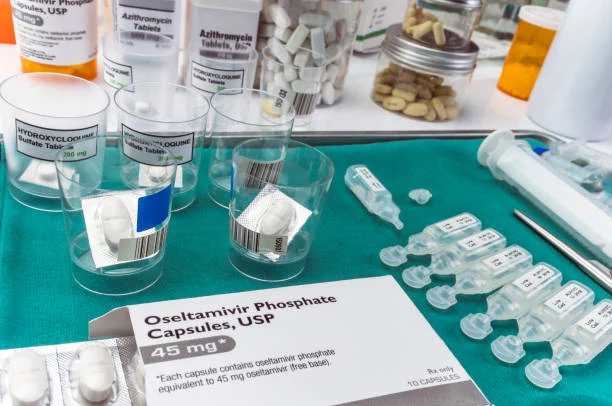
(1) Energy
Through procedures like incineration or gasification, medical waste may be transformed into energy. Clinical waste, which includes medical waste produced in hospitals and other healthcare institutions, may be used to produce energy in a variety of methods.
Incineration is a method that includes burning garbage at high temperatures in order to produce heat or power. When there are no other choices for disposing of clinical waste, this procedure is often utilized. However, incineration is not always the most ecologically beneficial choice since it may emit dangerous gases into the air.
Anaerobic digestion, which entails dissolving organic waste in the absence of oxygen, is another method for producing energy from clinical waste. This procedure has the potential to produce biogas, which is a sustainable energy source. In comparison to incineration, anaerobic digestion produces less pollutants and emits fewer greenhouse gases, making it a more ecologically responsible alternative.
Read Also: The Products Derived From Business Wastes
Last but not least, mechanical biological treatment (MBT) facilities, which physically sort and divide the waste into multiple streams, may also handle clinical waste. The waste’s organic component may subsequently be converted into energy using procedures like anaerobic digestion.
Overall, there are various techniques to produce energy from medical waste, but each one has pros and cons of its own. Before using any strategy on a wide scale, it is crucial to thoroughly evaluate the effects it will have on the environment and its overall viability.
(2) Recyclable materials
Clinical waste is trash generated during a human or animal’s diagnosis, treatment, or vaccination. Bandages, gloves, needles, and other things that have come into touch with blood or other body fluids might be included in this category.
In order to stop the spread of illness, it is vital to treat and dispose of clinical waste carefully. Some of it may be recycled. Clinical waste that may be recycled includes things like:
i. Glass: Glass bottles and vials may be recycled as well as sanitized.
ii. Metal: Items made of metal, such as scalpels and needles, may be reprocessed and sanitized.
iii. Plastic: Plastic products, such bags and tubing, are recyclable and sterile.
iv. Paper: Paper products, including packaging and papers, may be recycled.
In order to guarantee that clinical waste is securely recycled and does not constitute a danger to the public’s health, it is crucial to adhere to the right procedures for handling and disposal.
Read Also: The Products Derived From Chemical Wastes
(3) Compost
Bandages and dressings, among other organic medical waste, may be processed and turned into compost. In order to stop the spread of illness and safeguard the public’s health, it is crucial to properly dispose of clinical waste.
Composting is one method of disposing of medical waste. Composting is the process of converting organic waste, including kitchen leftovers and yard trash, into a soil-like substance known as compost.
Some medical waste, including dirty bandages and dressings, may be composted with other organic trash. To make sure that the composting process is secure and efficient, it’s crucial to adhere to the right procedures. Composting medical waste may be done in a number of ways, including:
i. Composting that uses oxygen to break down organic material is known as aerobic composting. Although it is often quicker and more effective than other approaches, careful supervision is needed to ensure the composting process is both efficient and safe.
ii. Anaerobic composting: In this process, organic waste is broken down by microorganisms without the presence of oxygen. Even though it takes longer, this method could work for certain clinical waste.
iii. Thermal decomposition: Using this process, organic material is heated to high temperatures and then decomposes into compost. Although it needs specific equipment and may not be appropriate for all forms of clinical waste, it is often quicker than other approaches.
It is essential to remember that not all forms of clinical waste may be composted. Sharps and other potentially dangerous items need to be disposed of in another way, including by autoclaving or incineration, rather than by composting.
To make sure you are following the right procedures, it is crucial to get advice from a competent waste management firm or a public health organization if you are thinking of composting clinical waste.
(4) Medical products
Discarded syringes and needles are only one example of clinical waste that may be sanitized and utilized again as medical supplies. Any waste generated during the diagnosis, treatment, or vaccination of people or animals is referred to as clinical waste.
This kind of trash has to be handled carefully and disposed of in order to protect both human health and the environment since it may include harmful items including infectious agents, chemicals, and radioactive substances.
Attempting to make medical goods from clinical waste is often not advised since the waste materials may be polluted and may not be suitable for use in medical products. Instead, it’s critical to properly dispose of clinical waste to safeguard the environment and stop the spread of illness.
However, in certain circumstances it could be able to safely and sustainably recycle specific forms of clinical waste, including plastic or metal items. It is crucial to remember that the kind of waste and the techniques used to treat it will determine the precise goods that might be made from clinical waste.
Read Also: Guide on How to Grow Tomatoes
